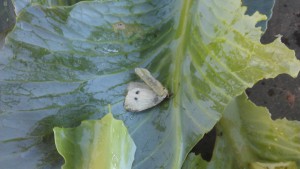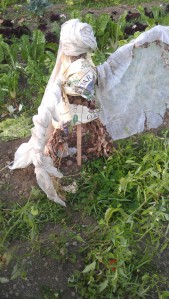How do you become a successful farmer? Visit and become aware of your customers!
What better way to find out about how to become a successful small-farmer than to visit the markets in which they (we) will be selling and distributing to during the year. The 2012 Class took their first tour to market today by visiting Island Soul Restuarant in Columbia City, Madison Market/Central Co-Op in Capital Hill, and the University District Farmers Market.
 Our morning began with a quick meeting at the Rainier Beach Urban Farm (and wetlands) and talked about Seattle Tilth’s urban agriculture projects happening in the SE District. Then we headed over to Columbia City to meet Theo at Island Soul.
Our morning began with a quick meeting at the Rainier Beach Urban Farm (and wetlands) and talked about Seattle Tilth’s urban agriculture projects happening in the SE District. Then we headed over to Columbia City to meet Theo at Island Soul.
We sold regularly last year to Island Soul, bringing fresh collard greens, lettuce, kales, and cabbages for about 3 months. One of the issues was scale and consistency, and this year we are working with Theo closely to find out his produce needs for the year so that we can have a better and more productive (profitable) relationship for both parties.
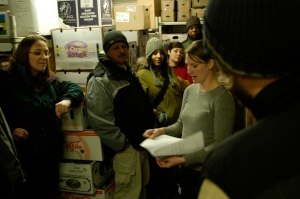 We then headed over to Madison Market to talk with Shelby, the new produce manager (miss you AJ hope you are loving NOLA!), and walk through the produce section, recieving area, and talk about cold storage, delivery scheduling, and some of the “best practices” that will help her team at Central Co-Op to get our produce on the shelves.
We then headed over to Madison Market to talk with Shelby, the new produce manager (miss you AJ hope you are loving NOLA!), and walk through the produce section, recieving area, and talk about cold storage, delivery scheduling, and some of the “best practices” that will help her team at Central Co-Op to get our produce on the shelves.
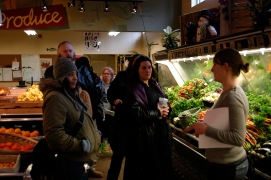 Madison Market works closely with local producers even if they are only using organic practices and not fully “certified”. This is great for us at Farm Works because the story we have, combined with our “beyond organic” production philosophy, helps to close the gap between local production and local consumption.
Madison Market works closely with local producers even if they are only using organic practices and not fully “certified”. This is great for us at Farm Works because the story we have, combined with our “beyond organic” production philosophy, helps to close the gap between local production and local consumption.
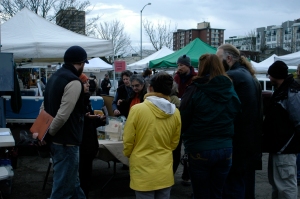 We ended the day with a full tour and food sampling at the Farmers Market in the University District and had a great talk with the Market Manager and Food Safety Inspector about permits, applications, food handling permitting, setting up booth spaces, best practices, and market demand for specific products that they are still looking for local sources.
We ended the day with a full tour and food sampling at the Farmers Market in the University District and had a great talk with the Market Manager and Food Safety Inspector about permits, applications, food handling permitting, setting up booth spaces, best practices, and market demand for specific products that they are still looking for local sources.
Participants were able to talk to other local farmers, fishers, meat and milk folks, and value-added product producers like cheese, preserves, and breads to get a better idea about talking food with food producers, finding out what sales and revenues streams are looking like over the winter, and how to connect and network with others who can help grow your new small-farms business.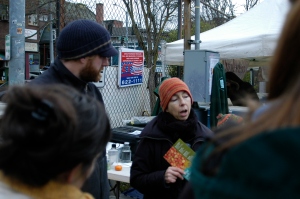
The day ended with some food sampling, small purchases, then a quick return to Rainier Beach to see Katie Penke, the Farm Manager, and have a post-tour discussion on next weeks class assignments.
Thanks to Central Co-Op (Madison Market), Theo at Island Soul, and the staff at the University District’s Saturday Farmers Market!!

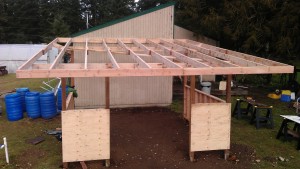
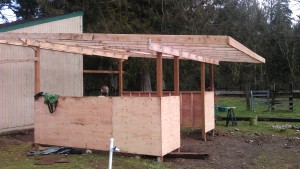
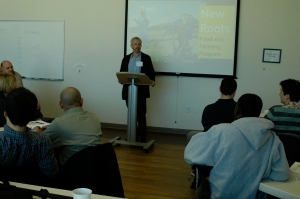

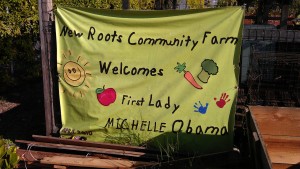

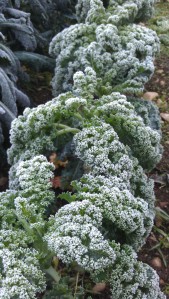
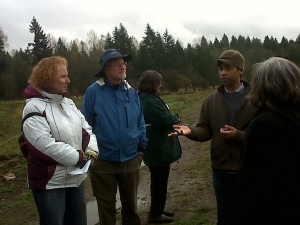
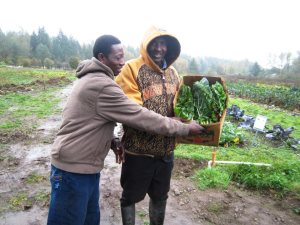

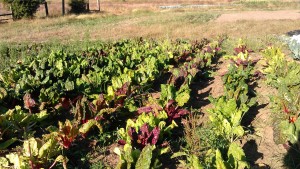
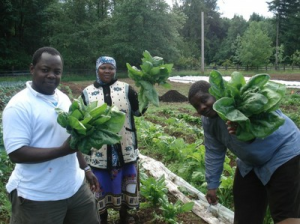
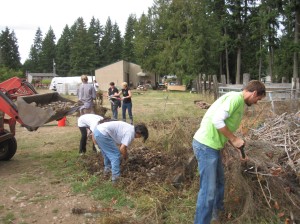
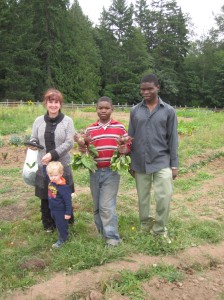
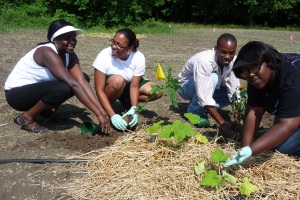
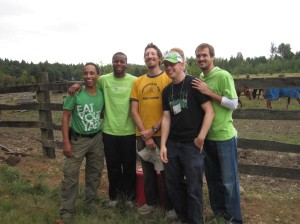
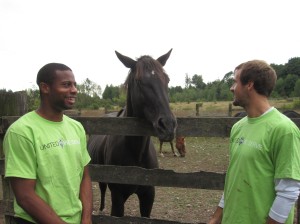
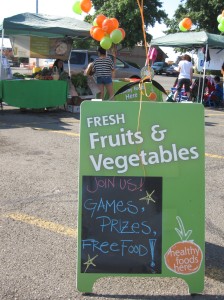
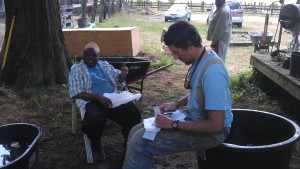
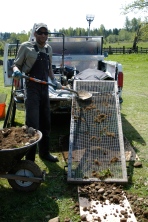 The other side of the story is that it was one of the best years to learn the realities and challenges of learning the cycles and systems of the Pacific Northwest, specifically the Green River Highlands, more specifically on 39 acres of Alderwood AgB and AgC soil, translation, ROCKS everywhere.
The other side of the story is that it was one of the best years to learn the realities and challenges of learning the cycles and systems of the Pacific Northwest, specifically the Green River Highlands, more specifically on 39 acres of Alderwood AgB and AgC soil, translation, ROCKS everywhere.